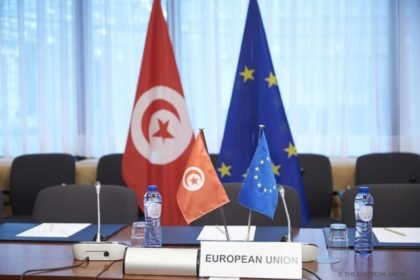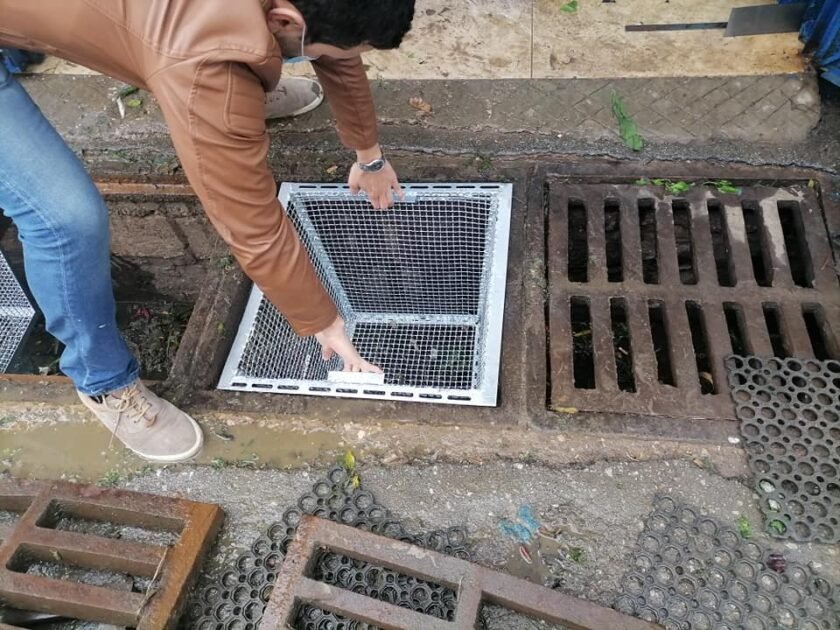There has been continued progress in the transition towards democracy in Tunisia in the last year, but this must be accompanied by equivalent economic and social progress to ensure that it can be sustained, modern diplomacy reports in its website.
Ahead of the EU-Tunisia Association Council due to be held on 17 May, the EU has today published its latest report on developments in relations with Tunisia. The report describes the key aspects of the cooperation from the beginning of 2018 to March 2019.
‘We attach particular importance to our cooperation with Tunisia, built as it is on the foundation of our common history, shared values and mutual respect. Significant progress has been made in the last year within the framework of our Privileged Partnership. We remain steadfast in our commitment to the Tunisian people, and specifically to the future of its young people, in order to help establish lasting democratic rule of law and a safe and prosperous country’ , stated Federica Mogherini, High Representative/ Vice-President for Foreign Affairs and Security Policy.
‘The EU has continued to deploy all its cooperation instruments to support our Tunisian partner. In 2018, this led to the adoption of a financial assistance package worth€ 305 million, in the form of grants, which is the highest amount ever allocated to Tunisia under the European Neighbourhood Instrument. At the same time, working together with eight European and international financial institutions, I launched an unprecedented initiative in order to highlight the need for Tunisia to follow through on its commitments to socio-economic reforms as soon as possible, for the benefit of all Tunisians’, said Johannes Hahn, Commissioner for European Neighbourhood Policy and Enlargement Negotiations.
The report is structured around the EU-Tunisia strategic priorities to be achieved by 2020, with the aim of describing in as much detail as possible the progress made in the Partnership’s priority areas. These priorities focus on inclusive and sustainable socio-economic development; young people, democracy, good governance and human rights; bringing peoples together, mobility and migration; as well as security and the fight against terrorism.
Since 2011, Tunisia has been transitioning towards democracy, making it a source of hope at regional level and beyond. Significant progress was made in 2018, particularly the holding of municipal elections in May 2018 with the full support of the EU, marking a key milestone in the decentralisation process. However, the report also notes that the transition can only be sustained if it is accompanied by social and economic progress on a similar scale. As a result, in this year of significant elections, it is vital to continue to make progress in implementing the strategic priorities of the EU-Tunisia Partnership and the EU-Tunisia Youth Partnership, the same source said.
The report also notes that EU funding for cooperation has continued to strengthen the Privileged Partnership between the two parties. The intense work on EU-Tunisia relations over the last year resulted in an unprecedented financial commitment from the EU, using the Neighbourhood Instrument budget, totalling € 305 million in the form of grants for key sectors, such as support for innovation and start-ups, youth, energy efficiency, tourism diversification and the redevelopment of poorer neighbourhoods. In addition to this amount, there are also thematic lines and regional programmes.
The EU remains Tunisia’s main trading partner, and in 2018 it was the destination for three quarters of Tunisia’s exports and the source of over half of its imports. The EU is still the largest foreign investor in Tunisia, accounting for over 85 % of all direct foreign investment in the country, where there are more than 3 000 European companies employing over 300 000 people.
The main initiatives in 2018 include programmes to support competitiveness and exports, for both industry and agriculture, support for modernisation of the administration and tax reforms, as well as support to prepare for and reduce the risks of natural disasters. The impact and tangible results for citizens are central to the follow-up of these initiatives.
TunisianMonitorOnline




